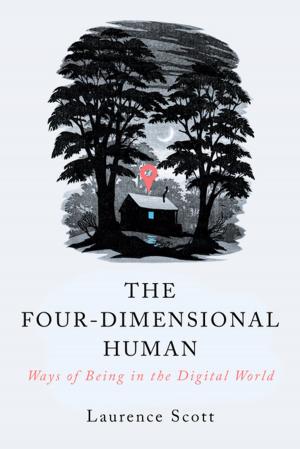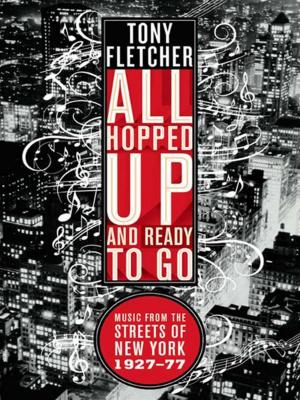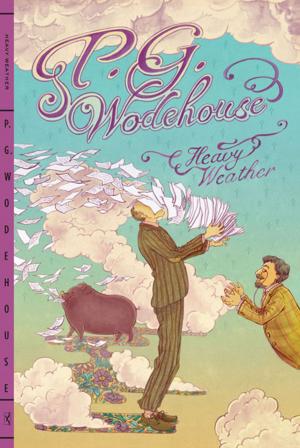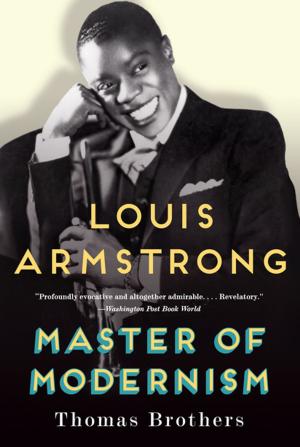The Uses of Disorder: Personal Identity and City Life
Nonfiction, Social & Cultural Studies, Social Science, Sociology| Author: | Richard Sennett | ISBN: | 9780393350920 |
| Publisher: | W. W. Norton & Company | Publication: | August 17, 1992 |
| Imprint: | W. W. Norton & Company | Language: | English |
| Author: | Richard Sennett |
| ISBN: | 9780393350920 |
| Publisher: | W. W. Norton & Company |
| Publication: | August 17, 1992 |
| Imprint: | W. W. Norton & Company |
| Language: | English |
“[Sennett] has ended up writing the best available contemporary defense of anarchism. . . . The issues [he] raises are fundamental and profound. His book is utopian in the best sense—it tries to define a radically different future and to show that it could be constructed from the materials at hand.” –Kenneth Keniston, New York Times Book Review
The distinguished social critic Richard Sennett here shows how the excessively ordered community freezes adults—both the young idealists and their security-oriented parents—into rigid attitudes that stifle personal growth. He argues that the accepted ideal of order generates patterns of behavior among the urban middle classes that are stultifying, narrow, and violence-prone. And he proposes a functioning city that can incorporate anarchy, diversity, and creative disorder to bring into being adults who can openly respond to and deal with the challenges of life.
“[Sennett] has ended up writing the best available contemporary defense of anarchism. . . . The issues [he] raises are fundamental and profound. His book is utopian in the best sense—it tries to define a radically different future and to show that it could be constructed from the materials at hand.” –Kenneth Keniston, New York Times Book Review
The distinguished social critic Richard Sennett here shows how the excessively ordered community freezes adults—both the young idealists and their security-oriented parents—into rigid attitudes that stifle personal growth. He argues that the accepted ideal of order generates patterns of behavior among the urban middle classes that are stultifying, narrow, and violence-prone. And he proposes a functioning city that can incorporate anarchy, diversity, and creative disorder to bring into being adults who can openly respond to and deal with the challenges of life.















